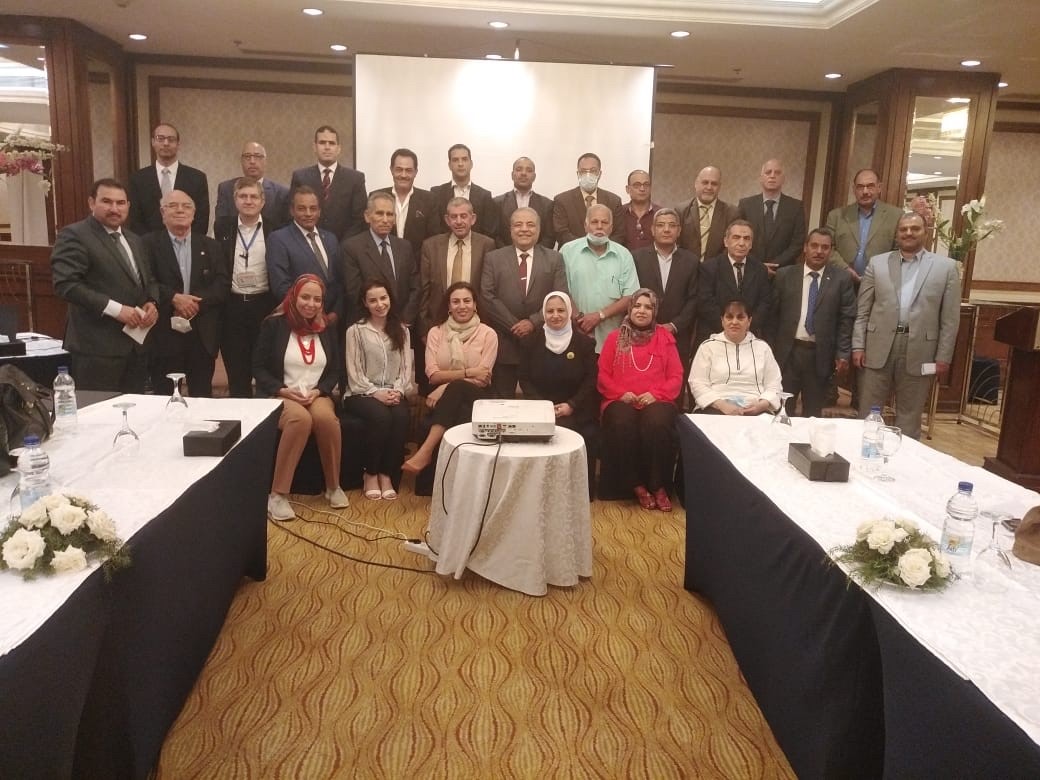Within the framework of the project on enhancing the resilience and sustainability of the agricultural sector in the Arab region, ESCWA, in cooperation with the Arab Organization for Agricultural Development, organized a national consultation session on enhancing the resilience and sustainability of the agricultural sector in Egypt. The session is part of a series of five national consultation sessions in Arab countries.
The consultation session considered ways to bolster Egypt's agricultural sector in the face of climate change, the unsustainable use of natural resources and the COVID-19 pandemic. The session, which gathered key national stakeholders from the agriculture sector, resulted in practical recommendations and the identification of national priorities. Representatives from the ministries of Agriculture and Land Reclamation, Water Resources and Irrigation, Planning and Economy participated in the national session, in addition to specialists in agricultural, environmental, and academic fields and representatives from Arab organizations, United Nations’ agencies working in Egypt, and civil society institutions.
It is expected that these five national consultation sessions in the targeted countries will result in a comprehensive document that identifies priorities and recommendations for the region's agricultural sector.





